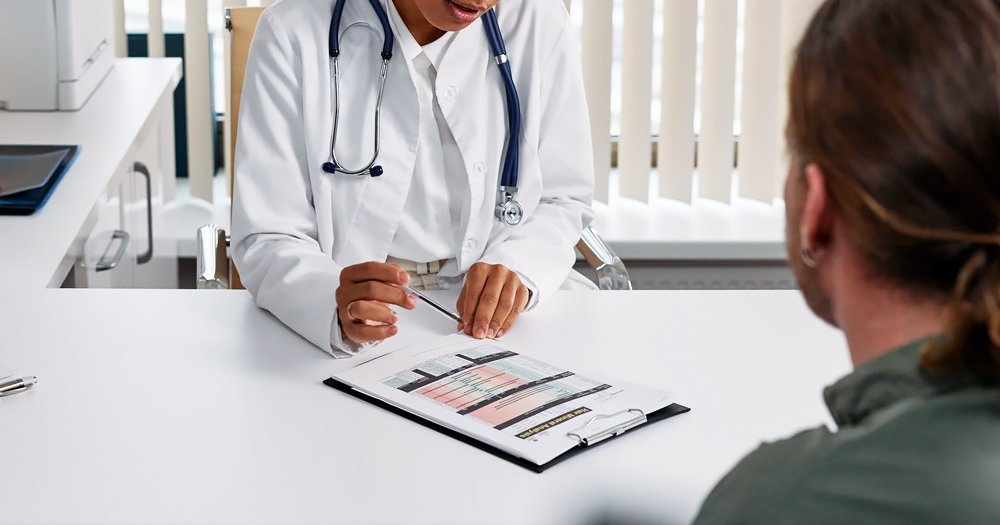After the UK health officials issued a warning over the infectious disease, the Health Service Executive (HSE) is now closely monitoring cases of Shigella in Ireland.
Shigella is a bacterium that upsets the stomach and can be passed on through infected faeces (poo). It can be transmitted to other people through sex that involves contact with faeces, but also poor hygiene plays a part, as even something as simple as not washing your hands properly can contribute to spreading the disease. Because the bug can easily be mistaken for food poisoning, it can be very difficult to detect and it has already presented quite a challenge in Ireland in recent years.
The UK Health Security Agency (UKHSA) has recently reported an increase in cases of Shigella in the period between September 2021 and January 2022: 47 cases, which represent a notifiable increase compared to the 16 detected in the previous 17 months. Moreover, it is rather worrisome that the infectious disease seems to become increasingly more resistant to antibiotics, so much so that it is now considered “extremely drug-resistant”.
We've seen a rise in the number of cases of #Shigella infections that are drug-resistant, mainly in gay, bisexual and men who have sex with other men. #Shigella causes severe diahorroea, stomach cramps and fever.
If you're worried, speak to your GP or local sexual health clinic.— UK Health Security Agency (@UKHSA) February 3, 2022
While we wait for the results of monitoring of Shigella from the HSE, here is some important information you should have.
Symptoms and recommendations
The gut infection can cause diarrhoea, stomach cramps, vomiting, feeling feverish and, in some cases, it can lead to blood mixed with faeces. Any of these symptoms usually develop one to three days after contact and go away between five to seven days. Fluid and rest can be beneficial for mild infections, while antibiotics are used for more severe cases.
In case you have any of the symptoms, avoid sex with another partner and contact your healthcare provider to know how to proceed. It is also recommended to avoid sharing towels; using spas, hot tubs and swimming pools; and staying at home if you work in the food industry, healthcare or children settings.
Preventive measures
Condoms provide effective protection against sexually transmitted diseases in general and Shigella is no exception. Using condoms during sexual intercourse can prevent the spreading of the infection. For services that offer free condoms and lube, click here.
However, practising safer sex is not limited to this. When sexually active, it is recommended to get tested for STIs frequently. This should be done even if there are no symptoms, as it is possible to have an STI also when there are no tangible signs.
Educating yourself on the disease and its risks is also a necessary precaution.
TREAT YOURSELF RIGHT, AND ORDER A HOME STI TEST TODAY! ?https://t.co/vfPngnpQMe pic.twitter.com/kgfc5iqgyZ
— SH:24 (@sh24_nhs) December 19, 2021
Where to get tested
Due to the restrictions imposed because of the Covid-19 situation, some STI testing and PrEP clinics might be closed or their services might be limited. However, many of them are getting back to functioning as usual. For updates on how to contact these clinics and what services they can provide, click here.
Another alternative to going to a clinic is the home testing service offered by SH:24. To know more about this service and its advantages, read our recent article about it.
The LGBTQ+ health resource Man2Man.ie, administered by the Gay Health Network (GHN) in conjunction with the HSE, has detailed information about Shigella and other STIs that readers who wish to be safe might find useful.
© 2022 GCN (Gay Community News). All rights reserved.
Support GCN
GCN is a free, vital resource for Ireland’s LGBTQ+ community since 1988.
GCN is a trading name of National LGBT Federation CLG, a registered charity - Charity Number: 20034580.
GCN relies on the generous support of the community and allies to sustain the crucial work that we do. Producing GCN is costly, and, in an industry which has been hugely impacted by rising costs, we need your support to help sustain and grow this vital resource.
Supporting GCN for as little as €1.99 per month will help us continue our work as Ireland’s free, independent LGBTQ+ media.
